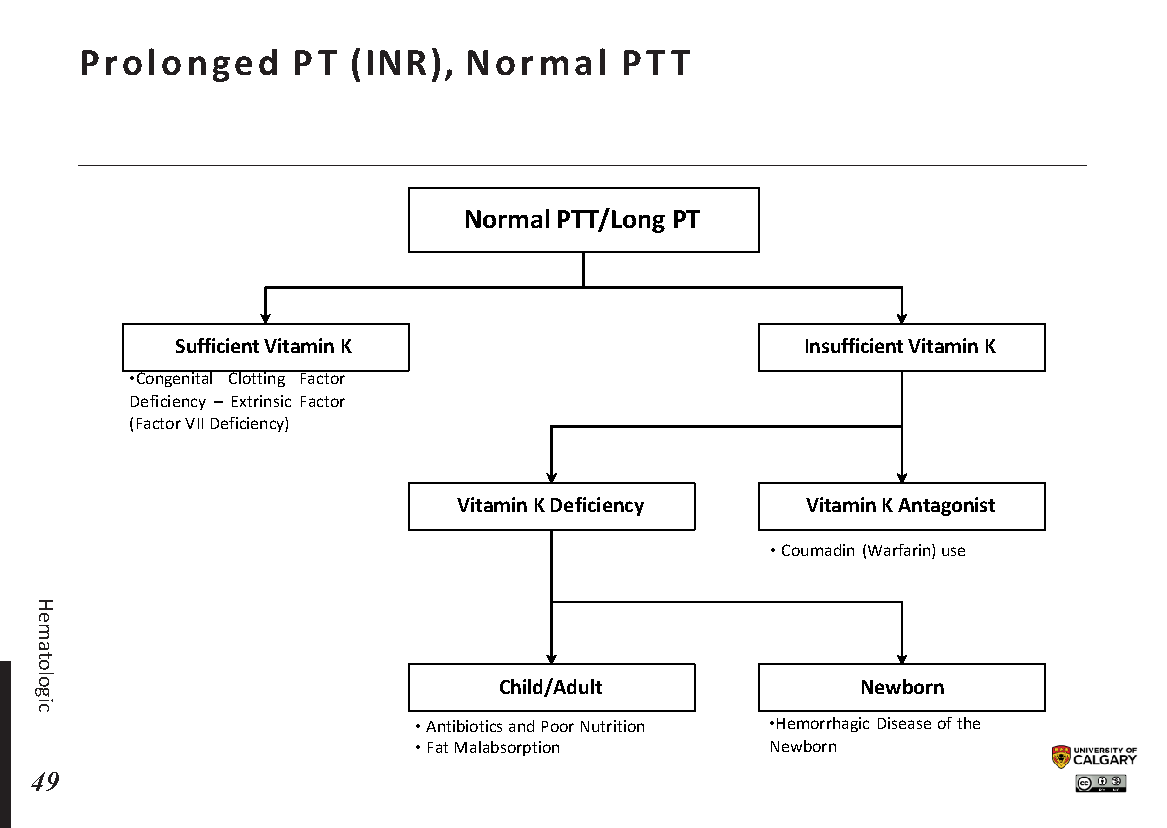

If you are not taking any blood-thinning medicines Prothrombin time test results can alter according to your age, gender, medical history, and the method used for the time test.

What Do the Results of The Prothrombin Time Test Mean? However, if you have a bleeding disorder, you might be at increased risk for excessive bleeding and hematoma. Bleeding or bruising at the site of puncture.Some people may experience mild symptoms, most of which disappear quickly. There is very little risk associated with PT. Are There Any Risks Associated with The Test? Other medicines such as steroids, antibiotics, estrogen medicines, antacids, nutritional supplements can also affect your lab results.ĭo not reduce the dose or stop any medication without consulting your healthcare provider. Other blood thinners like direct thrombin inhibitors and factor Xa inhibitors.Moreover, few medicines that help prevent blood clots can also affect your test results, which include: However, certain food items such as liver, broccoli, chickpeas, green tea, kale, turnip greens, and foods made from soy might affect your results. You do not need any preparation before preparing for this test, as you are not needed to fast before a PT. What are the precautions taken before taking Prothrombin Test? You may experience a little sting when the needle goes in or out. A needle is inserted into the vein of your arm, and a small amount of blood will be collected into a test tube or vial. Prothrombin time test usually takes less than five minutes and is done by taking a blood sample from your vein. Deficiency in clotting factor I, II, V, VII, or X.

The test can be used to diagnose inherited disorders and other conditions influencing blood clotting, including: What is The Purpose of The Prothrombin Time Test? Your healthcare provider can also tell you to take this test regularly, if you are taking the blood-thinning medication or warfarin, so as to confirm that you’re not taking too much medication which can cause excessive bleeding. If you develop frequent swelling or pain in your joints.If you have unexplained heavy menstrual bleeding.Your doctor can ask you to undergo PT, if you have following symptoms: When Do You Need a Prothrombin Time Inr Test? Prothrombin time is an important test to detect whether five different blood clotting factors including factors I, II, V, VII, and X are present and working well together. Among these coagulation factors, prothrombin, also known as factor II, is vital to the clotting process.
INR NORMAL RANGE 4 SERIES
Further, in order to produce a strong blood clot, a series of plasma proteins called clotting or coagulation factors act together to produce fibrin, which seals the wound and healing starts. These cells try to slow down the bleeding by creating a temporary plug. In case of an injury or cut, or injury to blood vessels, the body starts to immediately act and cells and platelets collect at the site of the wound. Monitoring of PT in these patients can prevent thrombotic complications such as deep vein thrombosis (DVT), cardiovascular diseases (CVD) resulting from coagulation disorders. Various studies have established that PT is a strong indicator in predicting death rate in patients infected with COVID-19. Its importance has been further highlighted in the era of the COVID-19 pandemic. PT INR Test for Blood-Thinningīesides its ability to detect the clotting tendency of blood, PT test can also be used to monitor patients who are being treated with the blood-thinners or anticoagulants.īook a home sample collection for your PT test here. It also confirms whether the medications used to prevent blood clotting work correctly. The result of a PT/INR test determines the root cause of bleeding and clotting disorders. In contrast, too-fast blood clotting potentially results in harmful blood clots that can block blood supply through your arteries and veins. Slow blood clotting in your body can lead to excessive blood loss during injuries. The rate of clot formation depends upon the number of clotting factors in your blood and how well they function. In case of injury or accidents, the clotting factors work together to form clots over the wound and prevent excessive blood loss. Prothrombin is a proteinaceous clotting factor produced in your body by the Liver. The normal range of this test is 12-13 sec, which indicates a normal amount of clotting proteins in the blood A Prothrombin Time (PT) test determines the time duration for clots to be formed in a blood sample.Time INR is a calculation done based on the results obtained from the PT test.


 0 kommentar(er)
0 kommentar(er)
